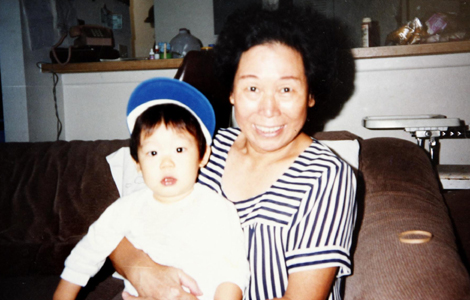Travelers can wait in comfort at airport
Updated: 2012-02-22 07:34
By Xin Dingding (China Daily)
|
|||||||||||
BEIJING - Imagine you have already passed through airport security only to find your flight will be delayed for several hours. At most airports, there are few options: waiting in a chair near the gate, or wandering through nearby shops.
Su Yanping found himself in this situation recently when his flight from Beijing to Ulan Bator, capital of Mongolia, was eight hours late because of bad weather.
"Waiting in the noisy hall is not so comfortable. But to rest at a hotel outside the airport terminal, we have to go through the security procedures all over again, which would be exhausting," he said.
But in the international departure area at the Beijing International Capital Airport's Terminal 3 and a few other international terminals overseas, travelers like Su have another choice: an hourly hotel right in the departure area.
Unlike regular hotel rooms, the smallest room for rent at the T3 Hourly Hotel is only 5 square meters.
It is just enough space for a 1.1-meter-wide by 1.8-meter-long bed, a desk and Internet access, and a flat-screen TV on one end of the bed. There is no toilet or shower in the room, only a wash basin.
For short stays, the room costs 120 yuan ($19) an hour. There are also bigger, two-bed rooms without shower and toilet, and more standard hotel rooms rented hourly.
Pei Zhijun, general manager of the Capital Airport Hotel, which operates the T3 Hourly Hotel, said that the establishment - the only of its kind on the Chinese mainland - has received 93,000 people since its opening right before the 2008 Beijing Olympics.
Last year, it received 40,000 passengers, compared with nearly 8,000 in 2008, Pei said.
Aside from passengers facing delays, people changing planes at the terminal are also frequent guests, accounting for up to 80 percent of all customers, he said.
Liu Zhaolong, a consultant to China Civil Airports Association, said that as mainland airports handle more transit passengers than before, the need for hourly hotels is increasing in busy airports.
"More importantly, it is a facility that will help airports get a better satisfaction rate from passengers," he said.
Su said he was frustrated by the eight-hour delay at first, but the hotel staff's friendly service made him "feel at home".
The hourly hotel received 40 to 50 thank-you letters last year, mostly from travelers with long delays, said Wang Shengmei, a director at the hotel.
"Many travelers came to the hotel in bad moods because of flight delays and the airlines' unsatisfactory arrangements, and we tried our best to meet all their demands, which sometimes could be quirky," she said.
"Maybe the contrast in service and attitude made many people decide to write those letters after they left," she said.
In all of China's 180 airports, the hourly hotel at the capital airport's T3 is the only one that is available for international travelers who have passed through security.
Only a few airports overseas - including Singapore Changi Airport, Incheon Airport in Seoul, and the Atlanta and Philadelphia international airports in the United States - have similar hotels in terminals.
Compared with premium-class lounges in airports, Pei said, the transit hotels have advantages.
"At some lounges, there are cubicles for passengers to rest, but there are rules for using them, such as each passenger can use a cubicle for no more than three hours, or they cannot spend the night there," Pei said.
Plus, some transit hotels, including the one in Beijing, have meeting rooms for business travelers, which are not available in airline lounges, he said.
Liu said that with the increase of personal incomes in China, more travelers will find it worthwhile to pay for such services.
"It may be the time for some large airports on the mainland, such as those in Shanghai, Guangzhou, Dalian and Xiamen, to consider building a similar facility," he said.
Hot Topics
Wu Ying, iPad, Jeremy Lin, Valentine's Day, Real Name, Whitney Houston, Syria,Iranian issue, Sanyan tourism, Giving birth in Hong Kong, Cadmium spill, housing policy
Editor's Picks
|

|

|

|

|

|







